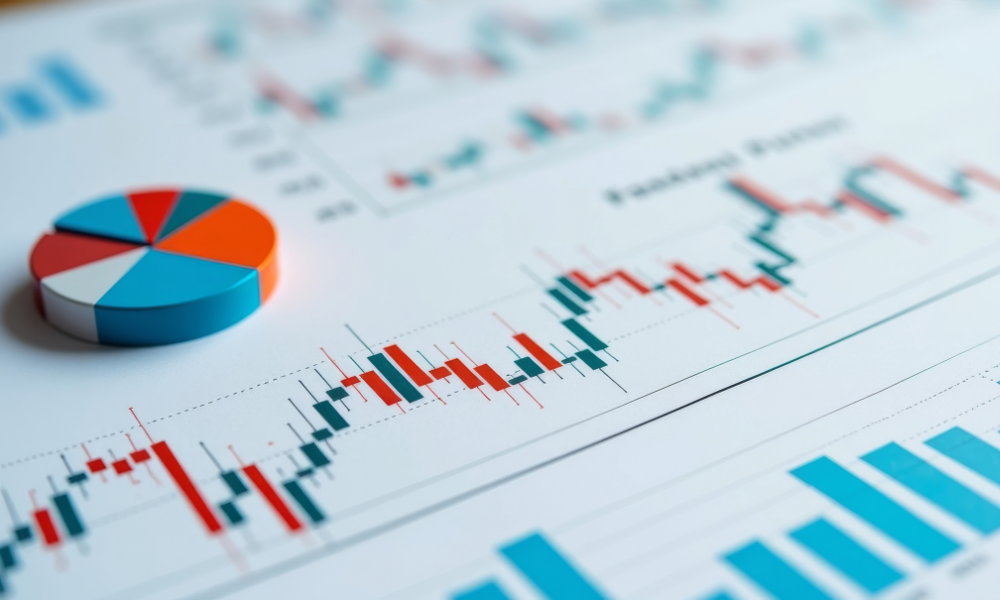Greg Placidi of Excel Investment Counsel explains why blue chip firms are turning towards emerging markets
With opportunities for growth severely limited among the world’s leading economies, major corporations are turning more and more to emerging markets.
Greg Placidi is a senior portfolio manager for Excel Investment Counsel and oversees the Excel Blue Chip Equity Fund, made up of multinational firms that have at least 20 per cent of their revenue coming from emerging markets. Equities from Amazon, Royal Dutch, Stryker, Pepsi and Starbucks are all found there, and Placidi expects many more blue chip firms to join before too long. In explaining why emerging markets will be the world’s growth drivers in the years to come, he identifies his Five Unstoppable Forces theory.
The first rule to consider is the rise of middle class consumption. “Currently, middle class consumption is roughly $20 trillion each year – that will rise to $51 trillion by 2030,” says Placidi. “Right now emerging markets account for about $5 trillion, but that will rise to $33 trillion by 2030.”
Another demographic shift will involve the great flight away from rural areas and towards the cities, or as Placidi calls it: the urbanisation of emerging market economies.
“Not only is the middle class growing, but the urbanisation the developed world had during its industrial revolution is happening in emerging markets,” he says. “By 2025, 40 per cent of global growth will come from mid-sized cities in emerging markets.”
The third force is the continual absorption of technology into everyday life, something that is patently obvious in Western nations already, and will be a feature of emerging markets over the next decade.
“The growth in smartphones will be quite extreme in the next five years and most are being sold in emerging markets,” he says. “The people are not buying them to make calls, they are buying them to use as their primary internet connection.”
So with a growing middle class and a population explosion in the cities, buttressed by a tech boom, the resulting rise in GDP will inevitably lead to increased spending on healthcare.
“Across the developed world, the average country spends somewhere between 6.5 and 7 per cent of its GDP on healthcare,” says Placidi. ”Mexico, China and India spend less than two per cent. The last good study I saw on this was in 2013 and global healthcare spend was $7.8 trillion – that is expected to grow to $18 trillion by 2040, and a lot of that will come from emerging markets.”
If these unstoppable forces seem familiar, it is because they have clear precedent. The economic engines that powered Western nations forward after the Second World War are being redesigned for the new millennium, something Placidi calls his fifth force: The natural progression of economies.
“What drove growth after WWII was the prosperity of the middle class. Today, look at the population size of India and China compared to the US. They also have other advantages – technology, infrastructure and trade agreements that didn’t exist in the 1950s.”
The huge population of these countries also means that they have a domestic market that can sustain growth even if things aren’t going so well with the traditional powers.
"It doesn’t matter if Hillary wins or if Trump wins,” says Placidi. ”It doesn’t matter if the UK actually do end up leaving the EU. When you look at these five unstoppable forces, they are all domestically orientated. It will be extremely beneficial for companies to have exposure to emerging markets going forward.”
Related stories:
Excel Funds chief says India a superpower in waiting
Brazil battered but unbowed, says Excel Funds



